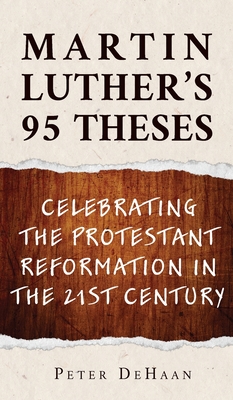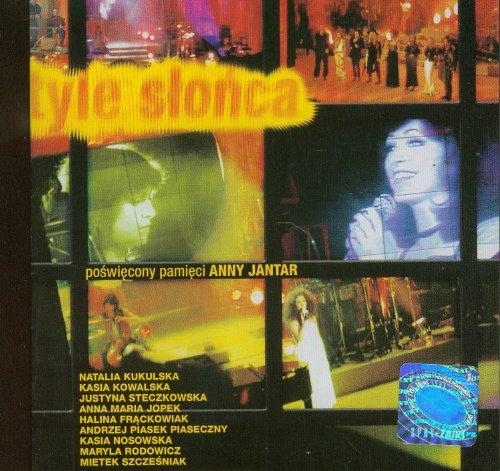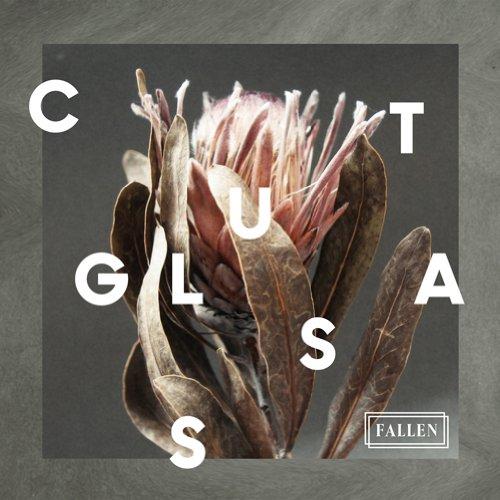
Prats, Armando José
product information
description
yth of American military invincibility, Hollywood needed a new kind of war movie. The familiar triumphal narrative was relegated to history and, with it, the heroic legacy that had passed from one generation to the next for more than two hundred years. How Hollywood helped create and instill the American myth of heroic continuity, and how films revised that myth after the Vietnam War, is what Armando José Prats explores in Hollywood's Imperial Wars. The book offers a new way of understanding the cultural and historical significance of Vietnam in relation to Hollywood's earlier representations of Americans at war, from the mythic heroism of a film like Sands of Iwo Jima to the rupture of that myth in films such as The Deer Hunter, Apocalypse Now, and Platoon. As early as the mid-1940s, Prats suggests, fears aroused by the Cold War were stirring anxieties about sustaining the heroic myth--anxieties reflected in the insistent, aggressive patriotism in films of the period. In this context, Prats considers the immeasurable cultural importance of John Wayne, the cinematic apotheosis of wartime valor and righteousness, whose patriotism was nonetheless deeply compromised by his not having served in World War II. Prats reveals how historical and cultural anxieties emerge in well-known Vietnam movies, in which characters inspired by the heroes of the Second World War are denied the heroic legacy of their fathers. American war movies, in Prats's analysis, were forever altered by the loss in Vietnam. Even movies like American Sniper that exalt war heroes are marked as much by the failure of the heroic tropes of old Hollywood war movies as by the tragic turn of actual historical events. Tracing what Prats calls the "anxiety of legacy" through the films of the World War II and post-Vietnam War periods, this book offers a new way of looking at both the Hollywood war movie and the profound cultural shifts it reflects and refracts.
member goods
No member items were found under this heading.
listens & views

ALL TIME FAVORITE STRAUSS WALTZES ...
by ALL TIME FAVORITE STRAUSS WALTZES / VARIOUS
COMPACT DISCout of stock
$6.75

KENYA SPECIAL: SELECTED EAST AFRICAN ...
by KENYA SPECIAL: SELECTED EAST AFRICAN / VARIOUS
VINYL LPout of stock
$35.49
Return Policy
All sales are final
Shipping
No special shipping considerations available.
Shipping fees determined at checkout.





